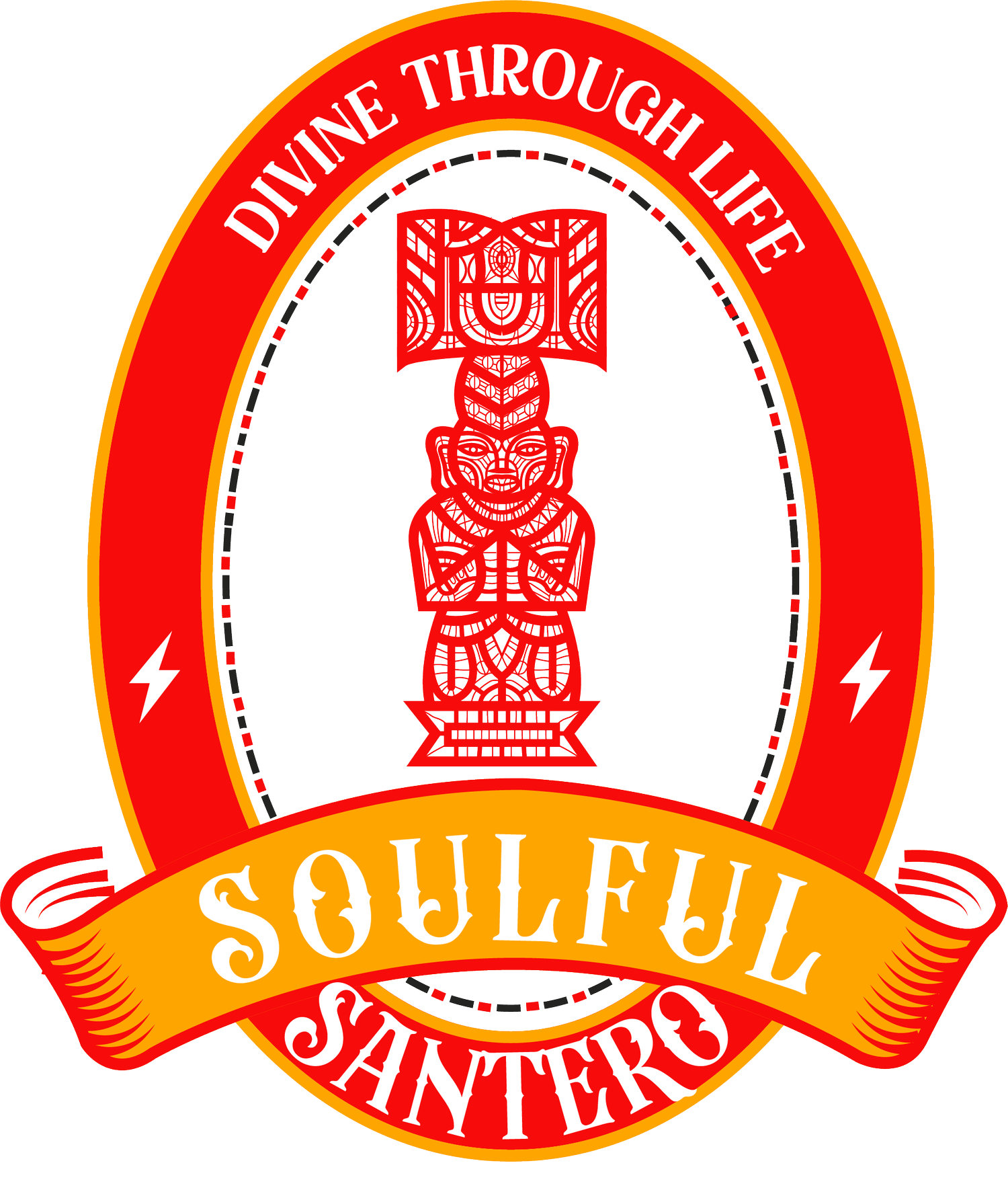WHEN DISHONESTY IS A PART OF FAITH/PRACTICE
I was raised in a divorced and somewhat blended family. I will never forget one memory based on religious differences in that blend. My mom’s family is Baptist. My father’s side is AME Zion, and his second wife’s family is Church of God in Christ (COGIC). It would take me too long to explain the differences between these traditions. But, for the sake of this part of my life story, the COGIC faith is the one that stresses personal holiness the most. Because of that, I grew up experiencing a lot of COGIC people in and outside of my family as judgmental.
Though my dad was in my life, my mom raised me. Thus, I was most influenced in my early years by her faith and how she lived it. One gift she gave me was always to be critical of organized religion. She was this way because as she grew into her womanhood, she told me she saw many of the preachers and pastors where she was from doing immoral things that disappointed her and made it harder for her to respect them or their leadership.
I say “gift” because, at some point, one of my family members around my age expressed an interest in Islam based on some friends he had in school. He had talked to me about it, and even though I didn’t understand Islam then, I thought it was cool that he found it so interesting. When that same conversation was had in front of some of the Pentecostal members of the family, they told him he could look into that – but that they would pray for his eternal soul.
They were visibly crushed, and I was taken aback even as a kid. I didn’t have those words then, but I knew deep down that the guilting and shaming was wrong.
Fast forward many years later, and I am with a mentor in ministry. He was an interesting cat and had a diverse spiritual background. One day, when we were hanging out in his office, he pulled out his phone and showed me the picture of Bishop Mason that I attached to this post. I’m not going to lie; when I saw it, I immediately thought this man was some witch. Roots, herbs, and animal parts surrounded him. You can imagine my shock and awe when my mentor told me Mason was a man of God, a founder of a Christian denomination, AND a rootworker! We had a very long discussion, and my mind was blown that day.
I am writing these stories because there’s been a lot of talk over the past few years about what Hoodoo is, who can practice it, and the so-called fact that it was a spirituality that was never accepted by the Church, including the Black Church. Now, if you study just a bit of African American religious history, you will quickly see this was untrue. In areas of the South, it was common for a church to have its pastor who people went to for spiritual counsel and pastoral care, but then Deacon So And So was the rootworker who had the blessing of the pastor and was the one people went to to heal ailments and deal with spiritual issues outside the purview of the pastor. And yes, some of them, like Bishop Mason, were also pastors and rootworkers.
In more modern days, there are people like me. I am ordained as a Christian clergyman, but I am also a rootworker. I have been both for years. My family had rootwork around it when I was growing up, too. As is often the case for my people, you usually don’t even know you were exposed to Hoodoo until you start thinking back and remembering odd things your parents or grandparents did. I have numerous memories of that. I also know that, in my ancestral lineage, I have rootworkers. So, it is something I know is in my blood, even if my family line walked away from it at some point.
If Hoodoo was good enough for my ancestors, it is good enough for me. If Hoodoo was practiced by some of my ancestors who were also ministers, it is good enough for me.
If these things are in your spiritual path or birthright, you can also claim them. Religions cannot dictate this stuff, try as they might. It’s sad that a denomination could not be honest with itself, too. Back in his time, COGIC people were uncomfortable with Mason’s rootwork – but they could not deny the power of God in his life. Yet, in these modern times, he is not talked about in those circles. And this is just one story of a few I know of the Black Church’s history with Black Indigenous spirituality. I lift these things because people come to me distressed with the thought that they may be called to practice their spirituality in more than one spiritual world. Not everyone is called to that way, but more than a few are. In my power and capacity as a clergyperson and practitioner, I want to highlight these things to encourage more profound honesty about our collective legacies. Deeper honesty about them is key to understanding who we are or what we are becoming. Denying truths like this breeds confusion and disorientation in our development. I don’t know about you, but I am tired of the wasted time.
